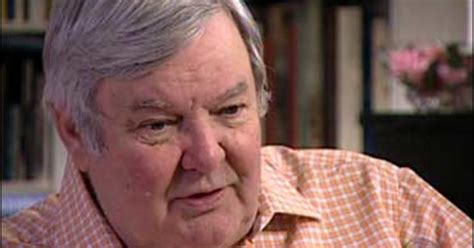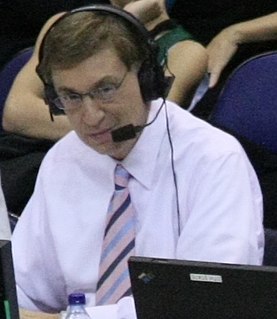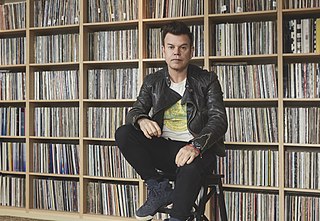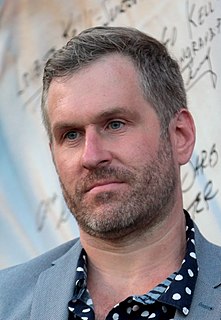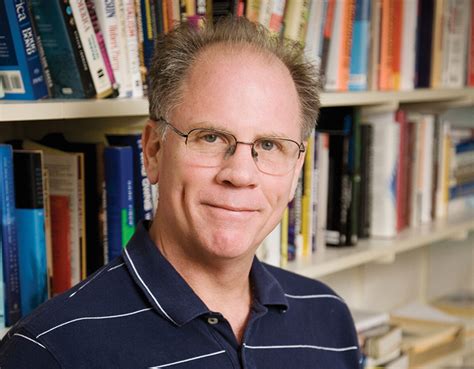A Quote by R. W. Apple
A first hint of the power of the electronic media to bring disaster directly into living rooms came with the radio broadcast of the explosion of the zeppelin "Hindenburg," in 1937 . . .
Related Quotes
I named my camel Katrina. She was a natural disaster. She slobbered everywhere and seemed to think the purple streak in my hair was some kind of exotic fruit. She was obsessed with trying to eat my head. I named Walt's camel Hindenburg. He was almost as large as a zeppelin and definitely as full of gas.
Television and radio are what I call sequential media; they're not simultaneous media. With simultaneous media, you can scan your eye down an electronic or print page and pick among six or seven stories you might like and want to read. With television and radio, you have to wait until the guy's finished talking about the balloon boy, which I don't have the slightest interest in, to find out that all hell's broken loose in Baghdad. Because they've chosen that day to start with the balloon boy.
The Chicago Bulls’ Michael Jordan’s three-point explosion in Game 1 of the 1992 NBA Finals against Portland is easily one of the greatest performances I’ve ever seen. As he made his sixth straight, he winked directly at (broadcast partner) Mike (Fratello) and me and held his palms up in a shrug, as if to say, What can I do?
I wrote 'Turn Your Radio On' in 1937, and it was published in 1938. At this time radio was relatively new to the rural people, especially gospel music programs. I had become alert to the necessity of creating song titles, themes, and plots, and frequently people would call me and say, 'Turn your radio on, Albert, they're singing one of your songs on such-and-such a station.' It finally dawned on me to use their quote, 'Turn your radio on,' as a theme for a religious originated song, and this was the beginning of 'Turn Your Radio On' as we know it.
